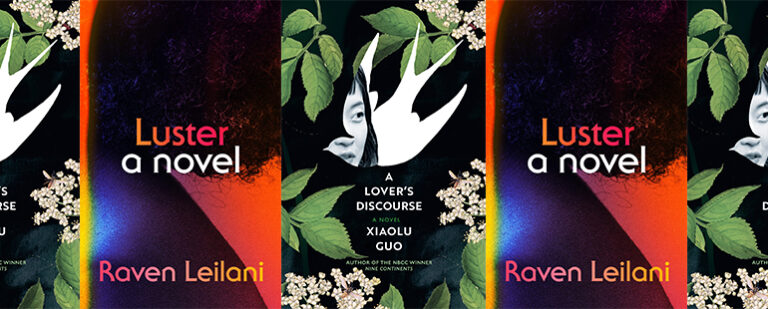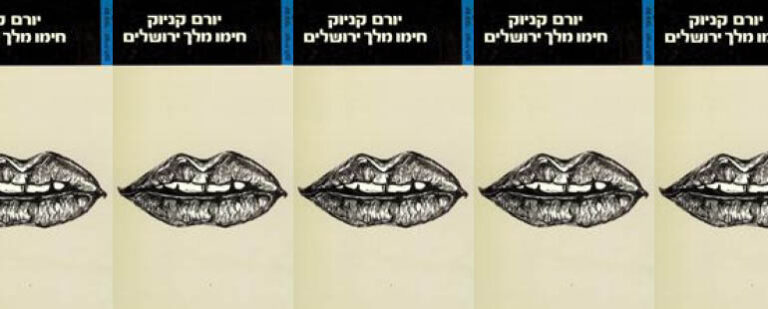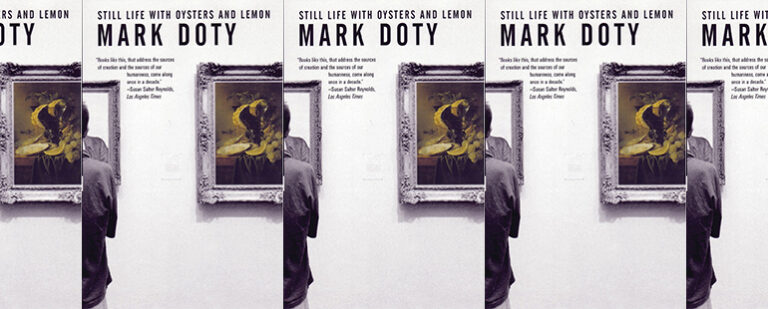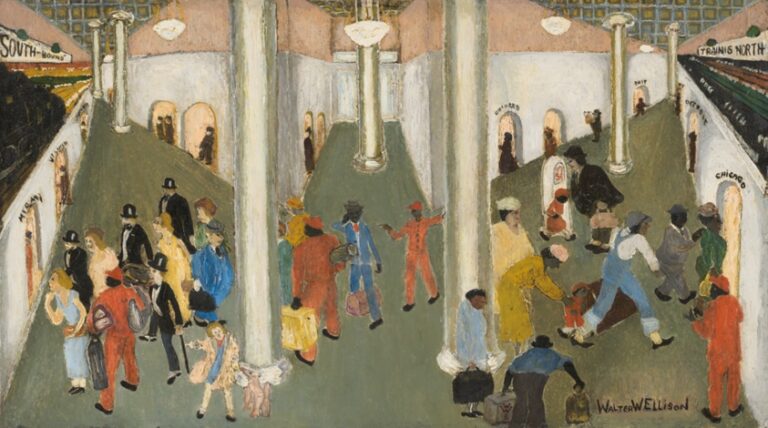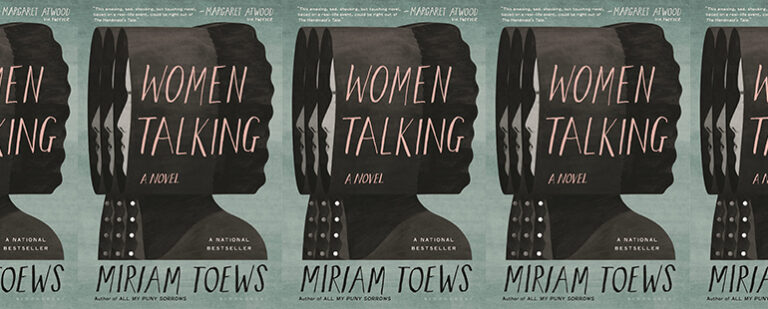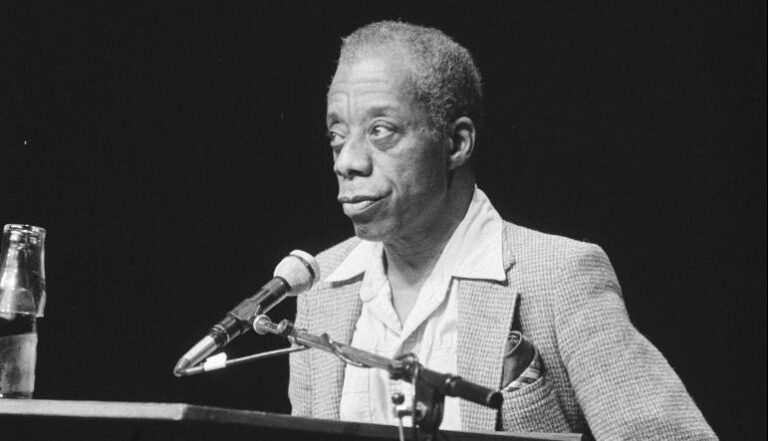Luster, A Lover’s Discourse, and the Portrayal of Whiteness
The protagonists of recent novels by Raven Leilani and Xiaolu Guo dwell on a cross-racial gaze, othering the white men who are the objects of their physical affections. In this, they attempt to reverse the gazes of centuries by paying an anthropological attention to their partners’ bodies, speech, and behaviors.
